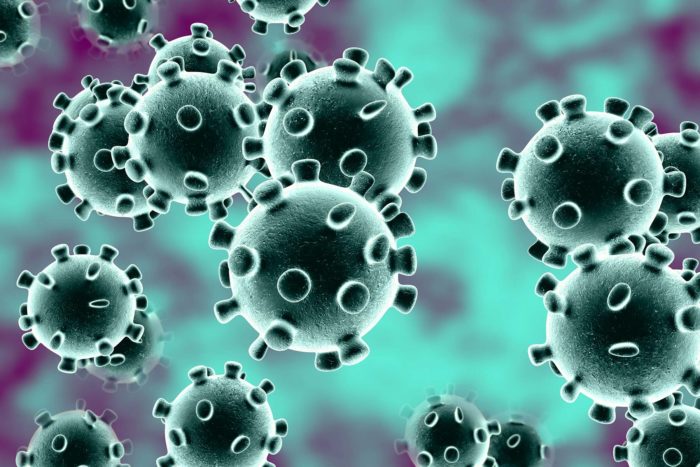Scientists believe antibiotics already available on the market may be the key to treating coronavirus.
The outbreak has spread like wildfire with more than 82,000 infected in about 50 countries and more than 2,800 people dead.
A team of researchers at Norwegian University of Science and Technology had anti-virals as well as four antibiotics that treat staph and skin infections have been able to stop the virus in lab tests.
Therefore, they believe the medications could be a first-line treatment for the highly-contagious disease.
But the Centers for Disease Control and Prevention (CDC) and the World Health Organization (WHO) have warned that antibiotics do not work against viruses and that over-prescribing and overusing them helps to fuel superbugs.
Drug repurposing occurs when doctors use drugs that are approved for one disease to treat another condition.
For example, Viagra – the little blue pill that treats erectile dysfunction – was repurposed twice. It was first approved to treat high blood pressure and then to treat angina, a type of chest pain caused by reduced blood flow to the heart.
And dextroamphetamine, prescribed for attention deficit hyperactivity disorder, has been used in the treatment of dementia.
‘Drug repurposing is a strategy for generating additional value from an existing drug by targeting diseases other than that for which it was originally intended,’ said senior author Dr Denis Kainov, an associate professor at the Norwegian University of Science and Technology, in a press release.
‘For example, teicoplanin, oritavancin, dalbavancin and monensin are approved antibiotics that have been shown to inhibit corona- and other viruses in the laboratory.’
The majority of the drugs that the team suggest be repurposed are antivirals, which are medications that reduce the ability of viruses to multiply.
They include nitazaxonide, an anti-parasitic medication; mycophenolic acid, used to prevent transplanted organ rejection; and Remdesivir, originally conceived as a drug to fight Ebola.
Dr Kainnov says one of the advantages of repurposing a drug rather than developing a new one is that all of the details surrounding the medication’s development are already known.
Also Read: ‘I never led SARS officers to any hotel’ – David West
He argues this saves both money and time.
‘Therefore, repositioning of launched or even failed drugs to viral diseases provides unique translational opportunities,’ he said.
‘[This includes] a substantially higher probability of success to market as compared with developing new virus-specific drugs and vaccines, and a significantly reduced cost and timeline to clinical availability.’
Researchers said they found 120 drugs already proven to be safe for humans to use.
Of those drugs, they determined 31 to be the best possible candidates for prevention and treatment of coronavirus.




